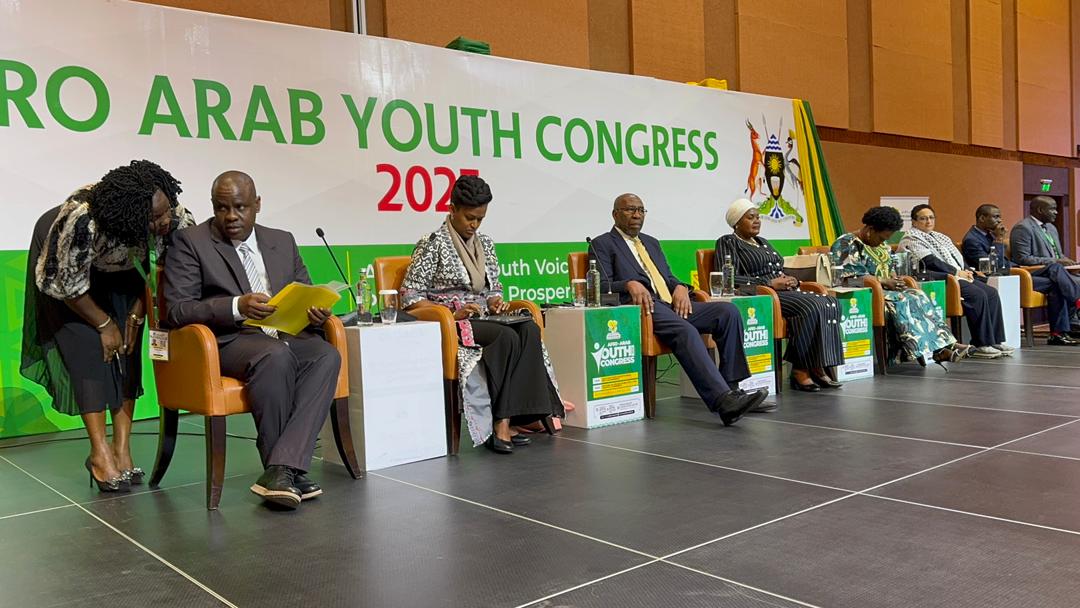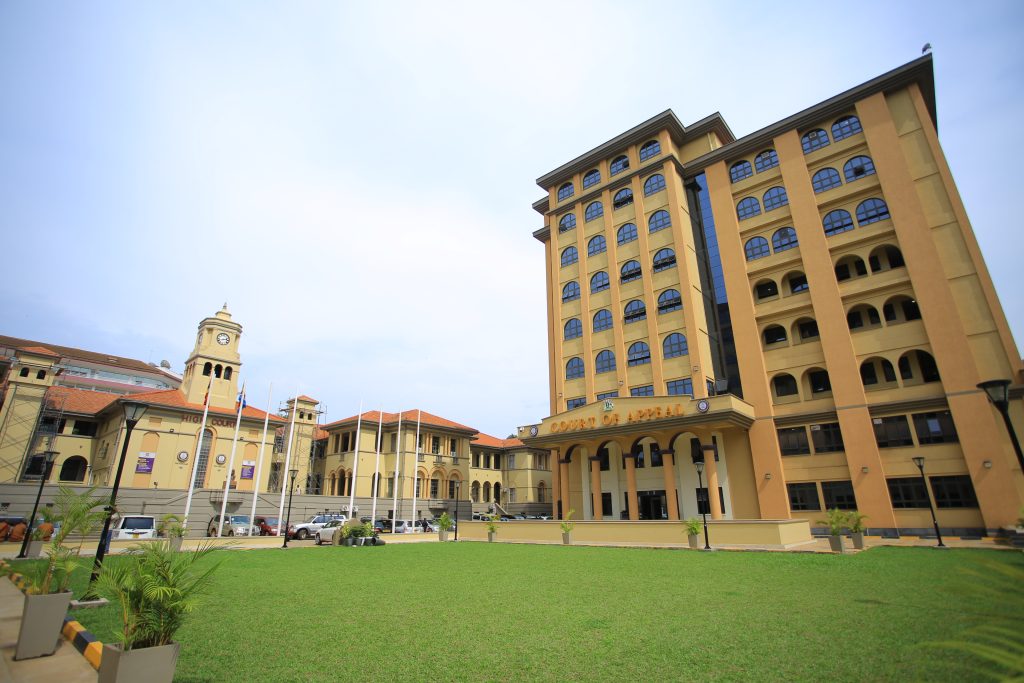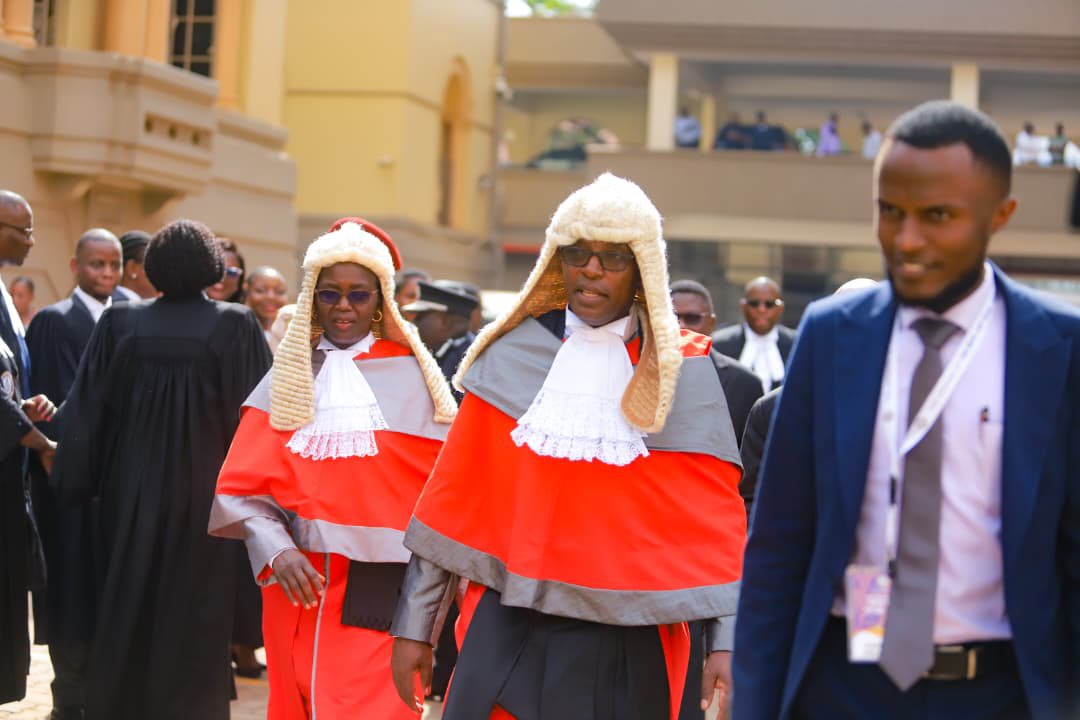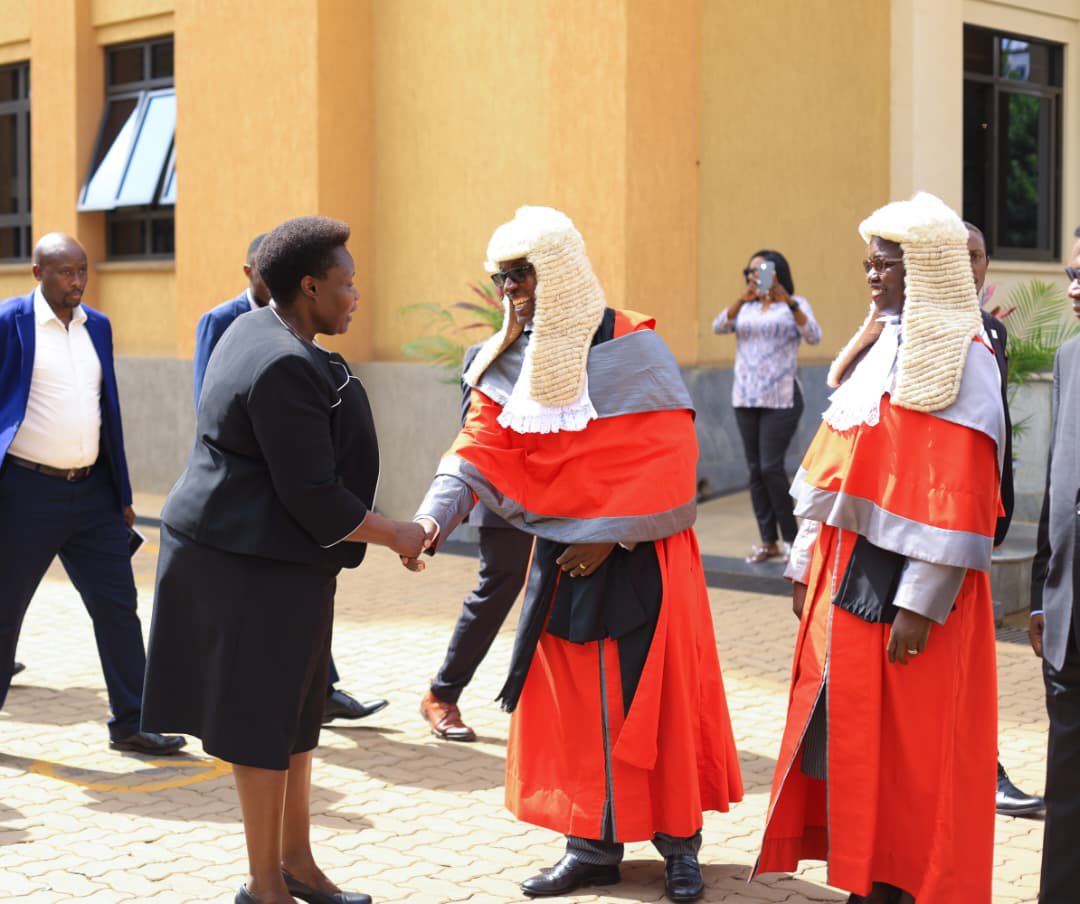Betty Amongi, the minister of Gender, Labour and Social Development, has called on countries within the Afro-Arab Youth Council to involve young people in decision-making processes to promote peace, unity, and transformation.
She made these remarks while addressing youth delegates from Africa and the Arab world at the Afro-Arab Youth Congress, held from 6 to 10 October at Speke Resort Munyonyo in Kampala, under the theme “Amplifying Youth Voices for Peace, Unity and Prosperity.”
“We, at the Ministry of Gender in Uganda, warmly welcome you to this beautiful country, the Pearl of Africa. We have established youth development programmes to empower our young people and enhance their contribution to Uganda’s economy,” said Amongi.
She emphasised that youth are central to her ministry’s policy agenda and urged her counterparts across Afro-Arab nations to prioritise youth empowerment. Akena highlighted the pressing issue of youth unemployment, which often leads to drug abuse and crime, and called for collective action to address these challenges.
The Third Deputy Prime Minister Rukia Nakadama, representing President Museveni, welcomed the Afro-Arab youth delegates to Uganda. She encouraged them to build networks to tackle shared challenges such as the climate crisis, conflict, insecurity, poverty, drug abuse, and the spread of diseases like HIV/AIDS, which disproportionately affect young people.
Nakadama noted that Africa and the Arab world share common challenges and opportunities, urging the youth to amplify their voices through joint action to improve their communities. Nakadama also praised President Museveni for fostering a conducive environment for the success of the Afro-Arab Youth Congress through his goodwill, financial support, and logistical assistance.
Dr Ruhakana Rugunda, the Presidential Special Envoy to the Afro-Arab Council, paid tribute to former Egyptian President Abdel Gamal Nasser and Ghana’s Kwame Nkrumah for laying the foundation for youth unity in an era when travel and communication were challenging. He noted that Cairo and Accra served as hubs for African liberation movements, including Uganda’s National Congress and South Africa’s African National Congress.
Rugunda urged the youth to build on this legacy to address contemporary challenges facing young people across the two regions.
Abbas Agaba, Secretary General of the Afro-Arab Youth Council, stated that dialogue, cultural exchanges, and joint initiatives would empower young people to tackle challenges facing African and Arab youth. He described the council as not just an institution but a bridge connecting generations and regions for a shared future.
Agaba also expressed gratitude for President Museveni’s generosity, including the donation of 50 acres of land along the Kitende-Nakawuka road to establish the council’s international headquarters.
Founded in 2004, the Afro-Arab Youth Congress brings together members from both continents, with delegates attending from countries including Kenya, Namibia, South Africa, Tanzania, Malawi, Ivory Coast, Kuwait, Qatar, UAE, Egypt, Tunisia, South Sudan, Sudan, Botswana, Rwanda, Democratic Republic of Congo, Palestine, Eswatini, Oman, Algeria, Morocco, Benin, and Nigeria, among others.







